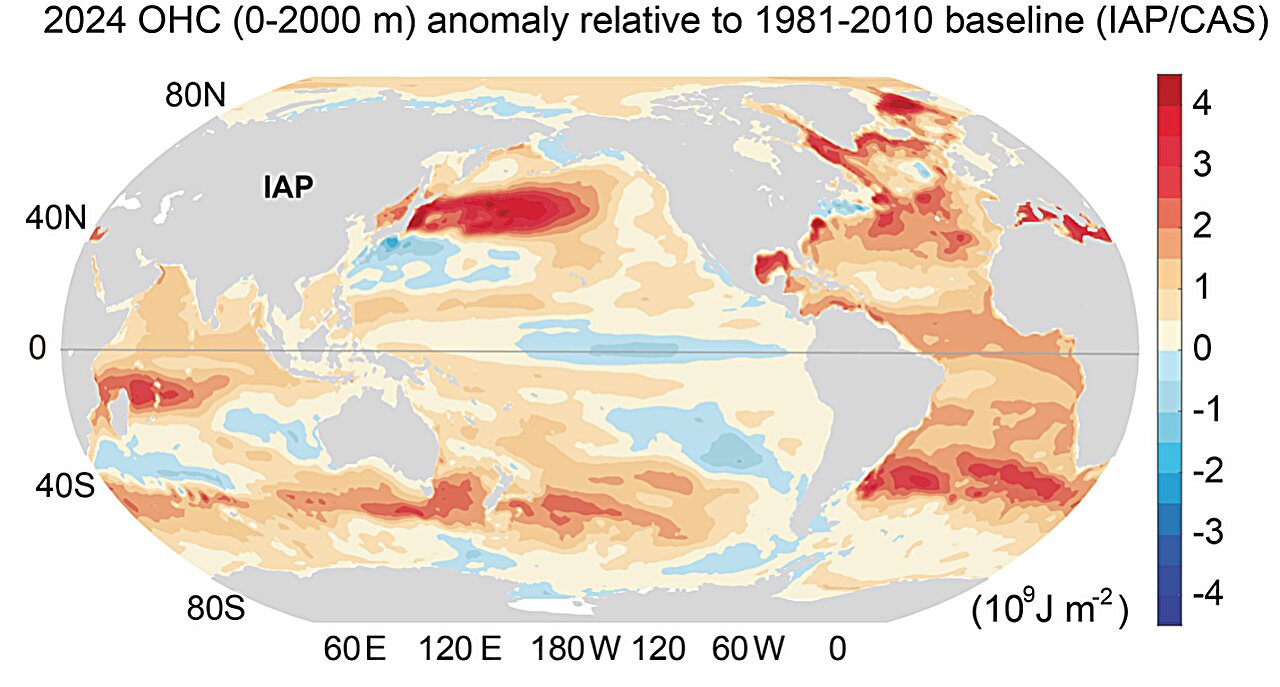In a stark warning to the world, scientists confirmed that global oceans have reached their highest recorded temperatures in 2025.
Data from multiple climate research institutions revealed that average ocean surface temperatures surpassed previous records set in 2023.
Record high ocean temperatures are raising alarm bells for marine ecosystems, fisheries, and global weather patterns.
The warming is attributed to a combination of greenhouse gas emissions and the ongoing El Niño phenomenon.
Coral reefs, already under immense stress, are experiencing widespread bleaching events across the Pacific and Indian Oceans.
Marine biodiversity is at serious risk, with migratory patterns of key species being disrupted.
Warmer waters are reducing oxygen levels, creating dead zones harmful to both fish and underwater plants.
Scientists fear the consequences could extend to stronger hurricanes, coastal flooding, and more extreme weather.
Global fisheries, a vital source of food for billions, are expected to suffer major declines if trends continue.
The increase also threatens coastal economies dependent on tourism and seafood.
Efforts to reduce carbon emissions are seen as critical to slowing the ocean temperature rise.
Nations are being urged to enhance marine protected areas and invest in ocean conservation technologies.
Research initiatives are intensifying to better understand how ocean warming interacts with atmospheric changes.
Ocean temperatures not only influence local climates but also affect rainfall patterns far inland.
The Intergovernmental Panel on Climate Change (IPCC) stressed urgent global cooperation is needed.
World leaders are expected to discuss emergency marine conservation strategies at the upcoming COP30 summit.
Environmental groups call for immediate action to halt deep-sea mining and unsustainable fishing practices.
Rising ocean temperatures may also accelerate the melting of polar ice caps, raising global sea levels.
Scientists emphasize that the situation is still reversible if swift, coordinated efforts are implemented.
Record high ocean temperatures are not just a marine issue—they pose a profound threat to global life support systems.
Global Oceans Hit Record High Temperatures in 2025



0 Comments